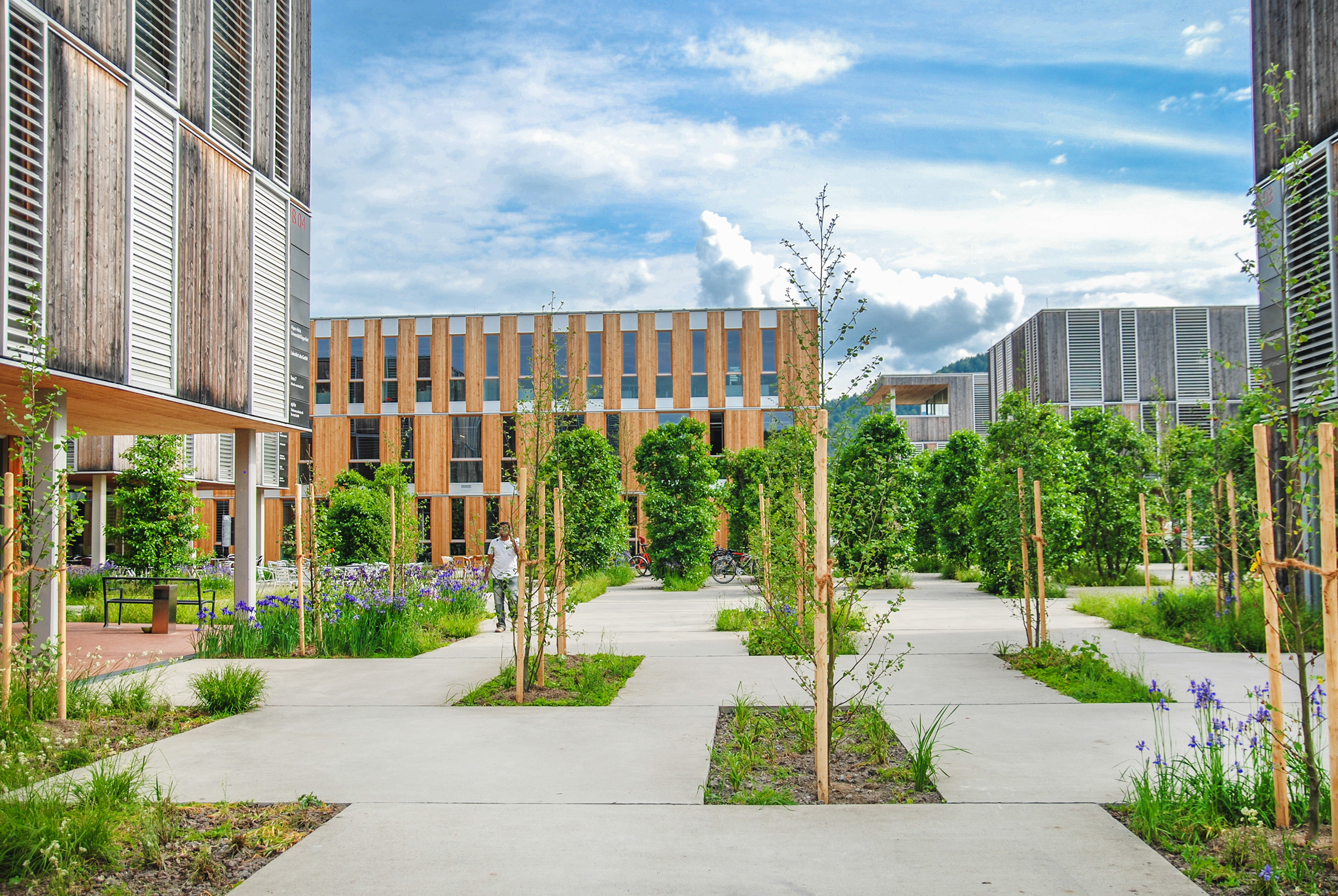NYSP2I announces selection of 11 statewide programs for 2020-2021 Community Grants Program
On August 11, 2020, the New York State Pollution Prevention Institute (NYSP21) announced on facebook.com its final selections for the 2020-2021 Community Grants Program. The Community Grants Program provides nonprofit organizations, academic institutions, and local governments both financial and technical assistance for projects that advance pollution-prevention practices at the community level.
Driving impact through community empowerment
Since 2009, the Community Grants Program has supported 113 projects throughout New York State, with grants totaling more than $2 million to date. Past projects range from green chemistry workshops in high schools to homeowner education encouraging environmentally conscious practices to community projects addressing food waste.
The program’s overall goal is to connect with communities across the Empire State by providing much needed financial and technical support for programs and initiatives at the grassroots level. “It’s designed to encourage partnerships that provide education and outreach aimed at making New York State more sustainable,” said Charles Ruffing, NYSP2I’s director.
“We congratulate all of this year’s selected programs,” Ruffing added. “Their work is vital to our ongoing mission to provide a statewide, comprehensive program of solutions for complex environmental problems.”
The following selections were made based on a competitive review process:
- Adirondack North Country Association (ANCA)
Compost for Good will develop an open-source toolkit for community-scale composting. The goal of the project is to increase the number of individuals and organizations implementing composting systems, as well as improve existing community-scale composting systems. The toolkit will be made available to organizations and municipalities across New York State.
- City of Rochester
The City of Rochester Composting Education Program Pilot will address pollution prevention by educating participants about the benefits of reducing food waste and recycling it into compost. The project will also promote behavior change related to food waste reduction and composting.
- Clarkson University
Potsdam Community Food Waste: Education, Engagement, and Planning will address the lack of available registered organics-recycling facilities within 50 miles of Potsdam. The goal of the project is to develop a suitable plan for a community-scale food waste management program in Potsdam by increasing community awareness and stakeholder engagement.
- Cornell Cooperative Extension of Tompkins County (CCETC)
Bringing the Benefits of Induction Cooking to Everyone will address carbon emissions and indoor air quality by promoting the use of electrified cooking appliances. Through a series of cooking classes, the project will introduce low- and moderate-income community members to induction cooking through single-burner countertop units. Educational materials will be made available on the CCETC website.
- Fashion FWD
The Consumer Awareness of Non-Toxic Apparel Project will grow public awareness and education around non-toxic apparel through consumer-facing website materials and videos. Work will involve the development of brand evaluation criteria, a brand scorecard for consumers, new website content, four videos, and a virtual detox event that will focus on stakeholder education.
- Poughkeepsie Farm Project
Green Jobs for Youth is an intensive internship program that will provide Poughkeepsie youth with training and education in sustainable agriculture, organic gardening, and community education. Participants will become advocates for sustainability by teaching other community members to grow healthy food using soil-building organic practices. They will also learn how to implement day-to-day changes to prevent waste and pollution.
- Residents Forward
The Community Climate Awareness Garden project will use a square-foot garden to teach students and community members about food-related pollution prevention as a response to climate change. The project will teach participants a pollution-free way to grow fruits and vegetables locally. It will also show them how to productively use food waste and how to choose less polluting foods.
- Rochester People’s Climate Coalition (RPCC)
The Go All-Electric Marketing Plan Implementation project will focus on beneficial electrification as a means of reducing carbon emissions. RPCC will create and promote relevant content to engage organizational leaders across the Genesee River and Finger Lakes regions with reasons and rationale for why they should consider electrifying their fleets and buildings, as well as provide connections to resources that help them take action.
- Syracuse University Center for Sustainable Community Solutions
CNY Sustainable Food Specialists will lead a regional education and network-building initiative promoting locally relevant food waste reduction solutions for the Central New York community. The program will provide intensive training for college/university students and also educate food-system stakeholders about strategies for addressing wasted food locally.
- The Foundation for New York’s Strongest
NYC Citizens Waste Academy will focus on waste reduction. Building on existing programming, the project will provide New York City residents with free education and training to increase their awareness and understanding of waste systems, as well as the environmental, social, and economic impacts of waste management and mismanagement. The goal of the project is to promote implementation of pollution-prevention practices at the individual and community level.
- Ulster County Resource Recovery Agency (UCRRA)
The UCRRA Zero Waste Seminal Project will educate participants about plastic pollution in the oceans and the effects of litter on watersheds, marine life, and humans. It will also inform participants about the environmental harms of microplastics, raise awareness of diversion practices that reduce waste and optimize reuse of materials, and inspire long-term behavior changes to foster zero-waste living concepts as part of daily life.
About the New York State Pollution Prevention Institute
Sponsored by the New York State Department of Environmental Conservation through the Environmental Protection Fund, NYSP2I is led by the Golisano Institute for Sustainability at Rochester Institute of Technology (RIT). NYSP2I is a partnership between RIT, Binghamton University, Clarkson University, Cornell University, and Rensselaer Polytechnic Institute. The institute also works with the New York Manufacturing Extension Partnership to help disseminate data and strategy.
NYSP2I’s goal is to make New York State more sustainable for workers, the public, the environment, and the economy through pollution prevention. Pollution prevention means reducing or eliminating waste at the source by modifying production processes, promoting the use of nontoxic or less-toxic substances, implementing conservation techniques, and reusing materials rather than throwing them away.









